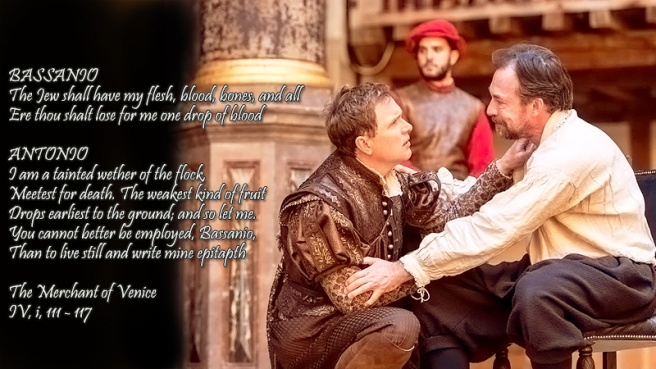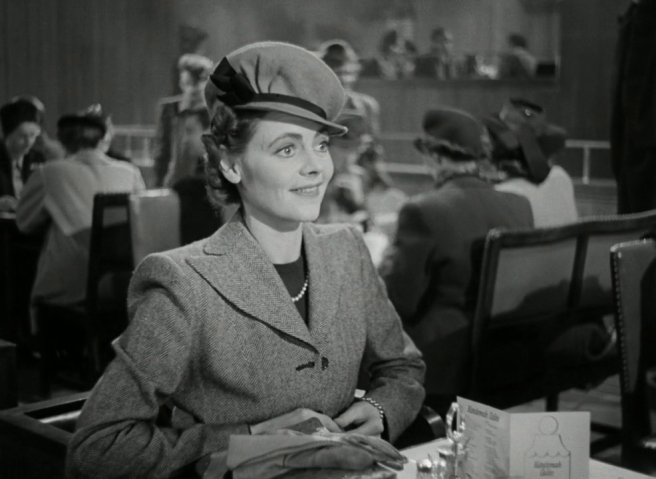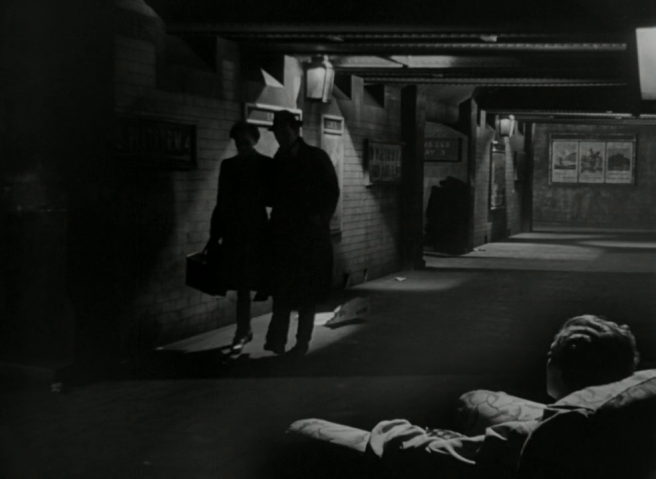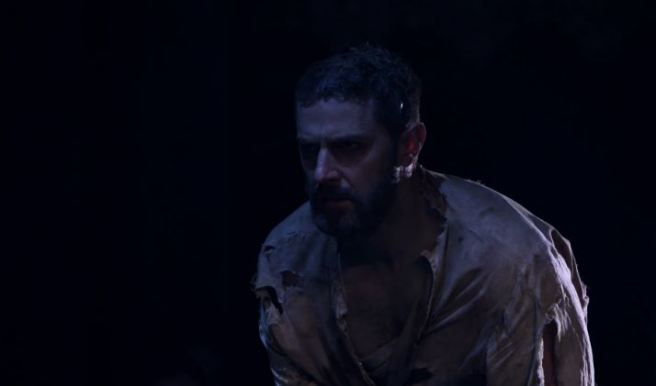Month: April 2015
No reminder needed
Sonnet 66
The Merchant of Venice – Globe Theatre London
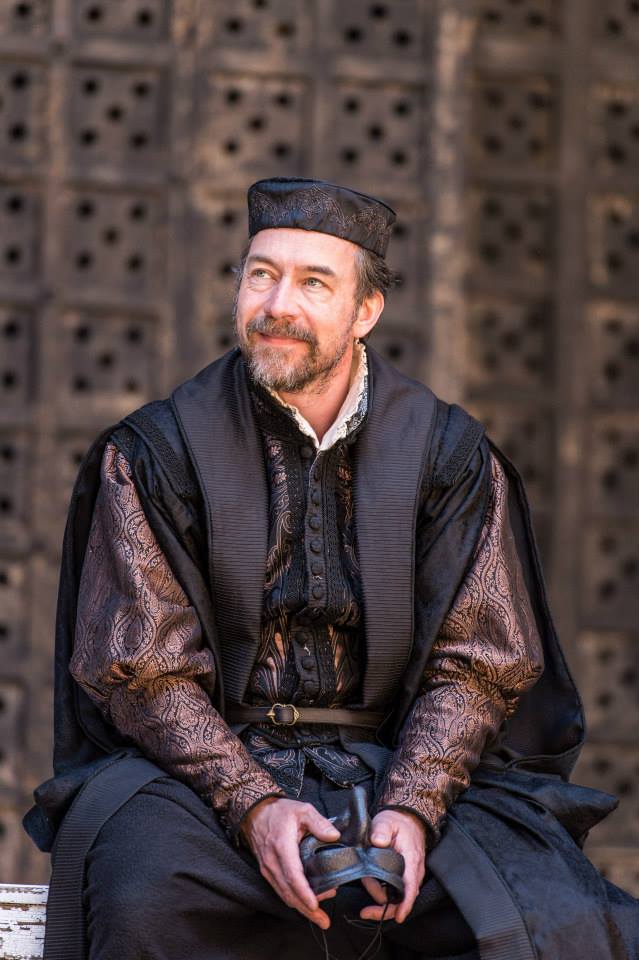

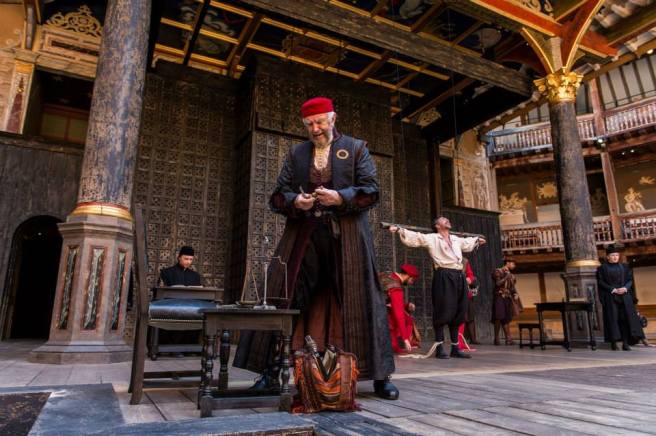










Happy world book day everyone!

April 23rd has been chosen to celebrate the world book day; this day, in 1616, Miguel de Cervantes and William Shakeaspeare died. Well, not exactly, Cervantes was buried on the 23rd, and Shakeaspeare died that day but according to the Julian Calendar which corresponds to May 3rd. Anyway, some days sooner or later do not change the meaning of the celebration (I sympathise with oxfordians, after all). The fact is that April 23rd for me is more important even than April 3rd (my birthday, ehem).
I guess that my epitaph should be something of the kind here lies — who tried to read as much as she could. I have sailed the seas with Nostromo, fought in Borodino with Bolkonsky, walked Dublin streets with Leopold Bloom. I was in Pompeii during its last days, I have witnessed the rivalry between Scipio and Hannibal, seen Alexander the Great drawing his last breath in Babylon. I have heard a dead woman talking in her coffin as she laid dying, I was as perplexed as Doctor Carr watching her husband David trying to be good, I have been in L.A. with Jack Vincennes, Bud White and Ed Exley.
Because I love reading, and I love books, this is the most important day of the year for me.
The Fall (2006)
What I wanted to write about “The Fall” and I wasn’t capable of
As epic movies go, The Fall didn’t make much money ($3.2 million). Yet it is unforgettable, one of the most beautiful films I have ever seen. Director Tarsem Singh funded the film from his earnings making commercials and music videos, and he clung tenaciously to his own artistic vision. The result was a negative critical reception at the Toronto Film Festival and serious setbacks finding a distributor. The problem? Nobody knew what demographic to market it to. It didn’t fit the mold.
 A huge pavilion on wheels (containing a princess) is laboriously drawn across the desert by slaves, as the bandits observe from afar…
A huge pavilion on wheels (containing a princess) is laboriously drawn across the desert by slaves, as the bandits observe from afar…
It seems to me that the natural audience for this film is adult women. (Apparently we do not constitute a real demographic in the eyes of studio moguls.) It features Very Beautiful Men, exotic locations, romance, whimsy, tears, and a kind, curious, mischievous little girl. Here is…
View original post 765 more words
Brief Encounter (1945)
Tomorrow in the battle think on me
No one ever expects that they might some day find themselves with a dead woman in their arms, a woman whose face they will never see again, but whose name they will remember.
Javier Marías is one of the most successful Spanish writers, but, as usual, I have waited too long to read his works. I have started last January with his last novel, “Así empieza lo malo” (Thus bad begins); my brother asked me what I wanted for Christmas and I told him that any of Marias’ books would be fine. I would follow at last Arturo Pérez-Reverte advise and read one of the books of his mate Marías. Both are colleagues in the Real Academia Española de la Lengua, and very close friends; so close that they have shared a character in their last novels.
The first thing I thought when I started reading was “Why have I waited so long?” and the second “lucky me, I have still so many of his novels to read!”. Marias is a translator, has been a teacher in Oxford University and is an avid cinephile; one of the characters of “Así empieza lo malo” is a producer of old B-Movies, and the novel is full of cameos of classic Hollywood era actors. The most memorable one is Herbert Lom’s.

My “why have I waited so long” reaction after reading Marias is due to the fact that we share two big commong interests: English literature and cinema. His love for both of them are a constant presence in his works. The title of “Así empieza lo malo” is a quote from Hamlet, Thus bad begins, and worst remains behind, and, another easy recognisable one, from Richard III, gives the title to “Mañana en la batalla piensa en mí”
tomorrow in the battle think on me, and fall thy edgeless sword, despair and die
What has Richard III and his ghosts before the battle of Bosworth have to do with a dead woman? Nothing, apparently, but, on the contrary, everything. Because it is the “ghost” of the dead woman the absolute protagonist of the story narrated by Victor, the man whose arms she died in. BBC4 has produced a two chapter radio drama based on this novel. Unfortunately I was able to record only the second; in this clip you will hear Victor, interpreted by Julian Rhind-Tutt, remembering that night with Marta.
Víctor first reaction to her death is to run away, leaving her dead body in the same flat where her two-year-old son sleeps. Her husband is in a business trip to London; Victor finds the address and the telephone number of his hotel in a note by the phone, but he has not the courage to call and, without knowing why, he leaves the apartment taking with him the note with the phone number and address.
![WP_20150415_006[1]](https://wormwoodscrubs.files.wordpress.com/2015/04/wp_20150415_0061.jpg?w=656&h=368)
Víctor cannot turn the page and forget, even if he hardly knew Marta at all (it was their third date when she died); it is not only remorse for leaving along the child, but something more. He feels himself haunted; Victor uses this word in English when explaining to his friend Ruiberriz why he can’t get rid of Marta’s presence. Had she not died they would probably have split after some more dates, but nevertheless Víctor wants to know everything about what happened after he left. He’s a ghost writer (in this novel not a single word is written by chance) and through Ruibérriz he manages to be asked to write an speech together with Marta’s father for an unidentified member of the royal family (most probably the king himself, mentioned with nicknames as “only the lonely”, “the lone ranger”, or “the one”). Víctor meets other members of Marta’s family, her sister and also the widower, with whom he will have a long chat when the husband will learn that it was Víctor the stranger who was with her that night. He will reach his goal, he will know everything about that night in Madrid, what happened there and what was happening that very night in London while he was watching another man’s son sleeping in his craddle when his little toy planes were fighting noiseless battles in a black sky. That night when Víctor remembered, watching those planes, a sentence murmured by some ghosts in an old movie in his tv during a sleepless night: tomorrow in the battle think on me.
Marias is a master of the stream of consciousness technique; Tomorrow in the battle think on me is a superbly written piece of literature, a must-read.
John Tanner – Juan Tenorio – Don Giovanni
I’m reading these days “Man and Superman”, in order to watch the National Theatre’s production knowing what the story is about. I am enjoying the reading very much, and I long to see the play live, even if above in the gallery heights.
Of course I could not help to listen again to Mozart’s Don Giovanni, being as “Man and Superman” is, a play about the myth of Don Juan. I like that opera very much and I have not heard it for quite a long time, although I honestly say that my favourite part is the comendador sending Don Juan to hell, as he’s the most unsympathetic male character I have ever the pleasure to know. I have always thought, given the “successes” of Mr. Tenorio in Mozart’s play, that he was impotent, or, at least, a premature ejaculator (most likely, given the length of the “catalogo”). Bernard Shaw makes the character decisively more appealing, the play is indeed funny and witty. Among the hilarious moments the surreal discussion between Mendoza, the Rowdy Social-Democrat, the Sulky Social-Democrat and the Anarchist. Maybe Monty Pyton had it in mind when writing the famous sketch of the Judea’s Liberation Front.
But, as I have also a certain percentage of superficiality in my little body, the above image has done more for my appreciation of Don Juan than Mr. Shaw’s play or Byron’s poem. It’s the cover of Mozart’s Don Giovanni that I have downloaded with Spotify and the man in question the bass-baritone Ildebrando D’Arcangelo.
la ci darem la mano
la mi dirai di si
(indeed)





